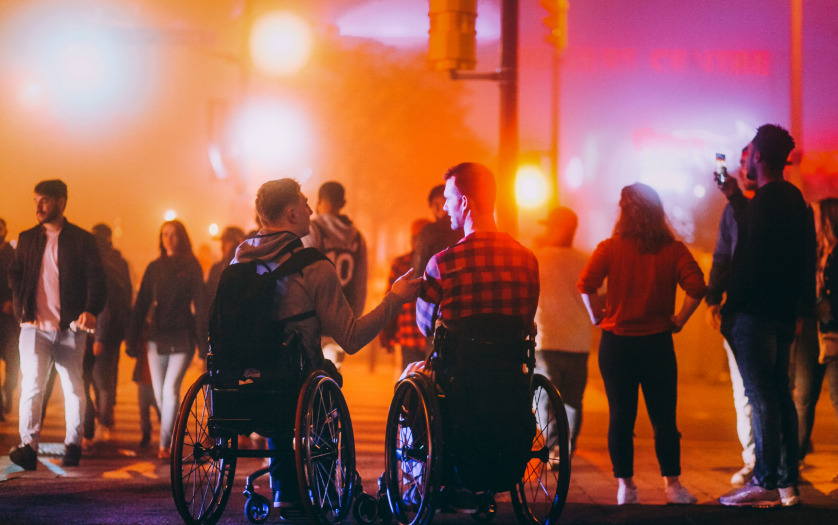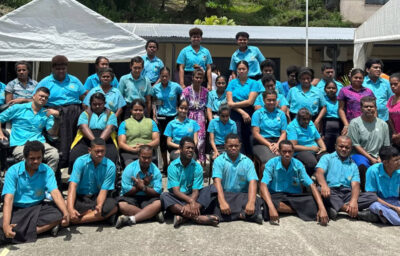
A three-year study at the Department of Sociology of the University of Warwick will explore why young people with disabilities in England experience social and economic disadvantage into adulthood, thanks to funding from the Leverhulme Trust.
The fact that adolescent disability is generally associated with poor educational, social and employment outcomes in adulthood has been well-documented but the reasons why this happens are not as well understood.
The project team, led by Dr Stella Chatzitheochari, Associate Professor in the Department of Sociology, will follow a group of young people with disabilities in the West Midlands in order to gain insight into their experiences and ambitions, and the constraints they perceive as affecting their choices before and after the end of compulsory schooling. Rather than interviewing parents and teachers, the study will exclusively involve young people with disabilities, a group that has generally attracted limited empirical interest and has been often excluded from the research process.
These qualitative insights will be complemented with statistical analysis of the nationally representative Next Steps survey, which follows approximately 16,000 young people from the beginning of secondary schooling into early adulthood. Quantitative analysis will provide evidence on the different educational pathways followed by disabled young people. It will also examine how these are linked to different labour market outcomes at age 25.
“It is too-often assumed that social and economic disadvantage is an inevitable consequence of disability – the so-called “medical model.” said Dr Chatzitheochari.
“But in fact we know very little about the mechanisms that drive these inequalities. Our study aims to close that gap and to shed light on the hidden social processes that are contributing to adverse outcomes frequently experienced by young people with disabilities.”








